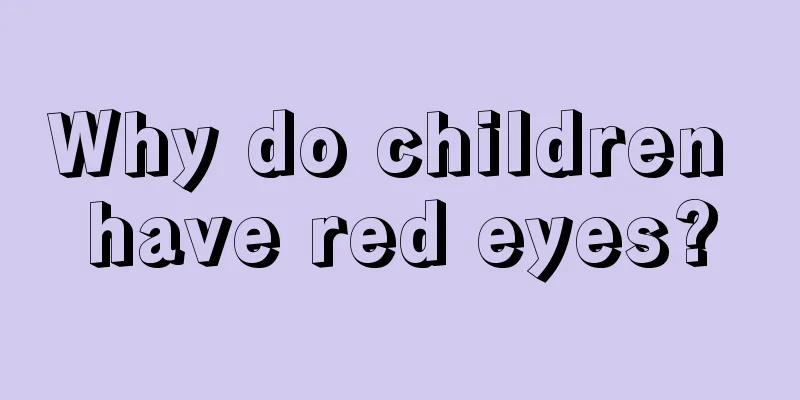Two-year-old child vomits after eating

|
If a two-year-old baby vomits everything after eating, mothers should not be too anxious. First of all, they should calmly analyze the reasons for this phenomenon. For example, it may be caused by gastrointestinal indigestion or catching a cold. At this time, you need to drink more warm water, and take Mami Love or probiotics for conditioning. If vomiting after a meal is caused by gastrointestinal inflammation or a cold virus, you will need to take some digestive medicine for symptomatic treatment.
There are many reasons for vomiting in a two-year-old child. If the vomiting is continuous, infection should be considered. If your baby vomits after eating, you need to stop eating and go to the hospital in time to check the cause and receive intravenous treatment to prevent dehydration. After the baby's vomiting improves, give him liquid food in small amounts and multiple times. And give oral digestive aids under the guidance of local doctors. If vomiting continues despite treatment such as intravenous rehydration, an abdominal ultrasound or X-ray examination is required to rule out surgical conditions such as intestinal obstruction or intussusception.
1. Don’t eat too much rice, because carbohydrates come from starch, which is not suitable for children who have just turned two years old. Because although they can absorb these starches effectively, this form of carbohydrate occupies a large volume and will inappropriately reduce total energy intake, so starchy foods such as rice should be gradually increased. 2. The amount of protein intake: Babies around two years old need to be supplied with about 40g of protein per day, half of which should come from milk and a certain amount of high-protein food (such as lean meat, yogurt, eggs and fish, etc.). However, we should not place too much emphasis on animal food. If young children only eat meat, eggs and milk, not only will there be insufficient supply of carbohydrates, but they will also consume less vegetables and fruits, which will cause a lack of vitamins and minerals. Therefore, the baby's daily diet should include: cereals, milk, meat, poultry, fish, eggs, fresh vegetables and fruits. Only with a diversified diet can the nutritional complementarity of various foods be brought into play. 3. Reasonable cooking: The food for a two-year-old baby should be mainly fine, soft, broken and rotten. No irritating or overly greasy food should be used. At the same time, the food should be changed frequently to stimulate the baby's appetite, and less ready-made foods such as ham and red sausage should be used. The taste should be light, low in salt and sugar, and no MSG.4. Juice is not fruit. It is best to ensure the intake of fresh fruit every day. 5. The recommended calcium intake for babies is about 600 mg a day. If the dietary intake is insufficient, appropriate supplements should be made. 6. Spend at least two hours outdoors every day. This will help children eat better, sleep better, and prevent constipation. |
<<: Disadvantages of breastfeeding for more than two years old
>>: What causes children to vomit and feel nauseous?
Recommend
What to eat in children's diet to protect their eyes
Eyes are the windows to the soul. Both children a...
What are the nursing measures for children with pneumonia?
Pneumonia is a common disease in humans. In the p...
What to do if the foreskin is too long in children
Children are the hope of a family and the apple o...
What should I do if my child has eczema around his mouth?
All children are the apple of their parents’ eyes...
Where are the moxibustion points for children's cough?
The weather changes a lot now, so it is easy for ...
At what age is it better to start urinating?
We know that the most difficult thing in the proc...
What to eat for a 3-year-old baby with anemia
Every parent is very confused. Their baby is whit...
What kind of fish should be eaten as complementary food for babies?
After breastfeeding for a period of time, mothers...
What are the precautions for babies just born?
When babies are just born, parents are always wor...
What Chinese medicine should babies take when they have internal heat?
The baby's immunity is relatively weak, espec...
How old is the best age for babies to be weaned?
These are specific methods to help mothers and fa...
How to treat purpuric nephritis in children
Purpura nephritis in children is a systemic disea...
What to do if your newborn baby's mouth turns blue
Newborns always seem to have a blue mouth, which ...
6 month old baby milk
Six-month-old babies can now eat complementary fo...
Is breast development normal for a 10-year-old girl?
Breasts are a very important part of a woman'...









